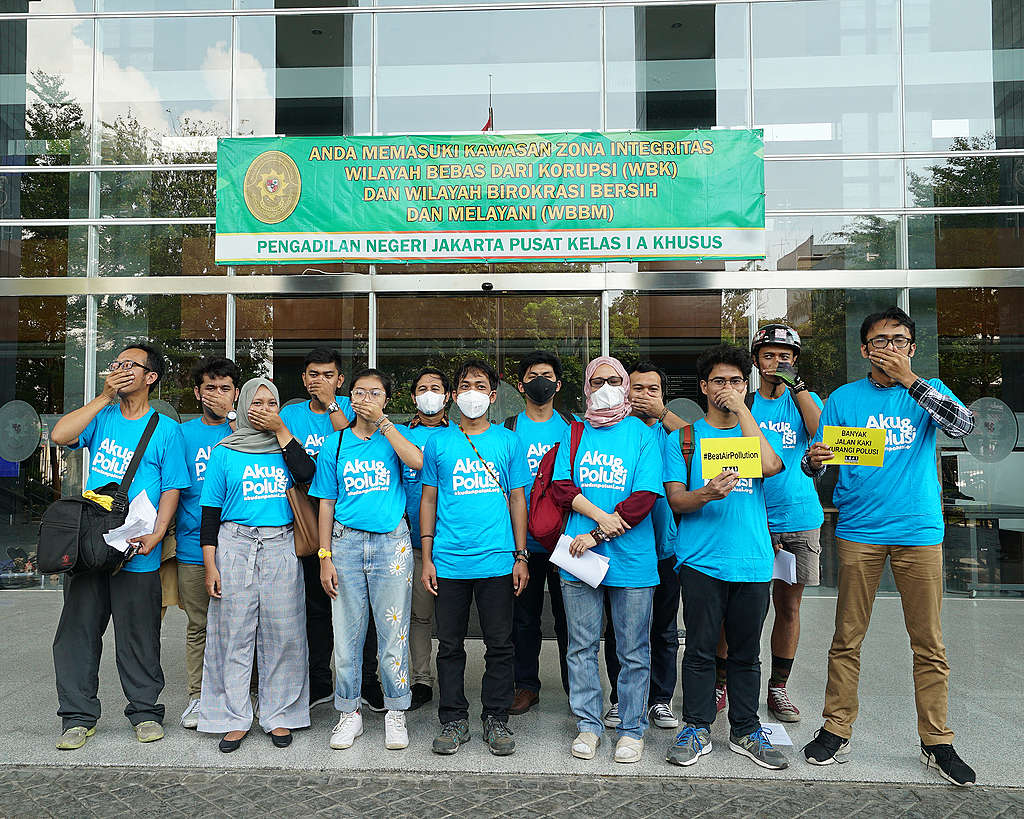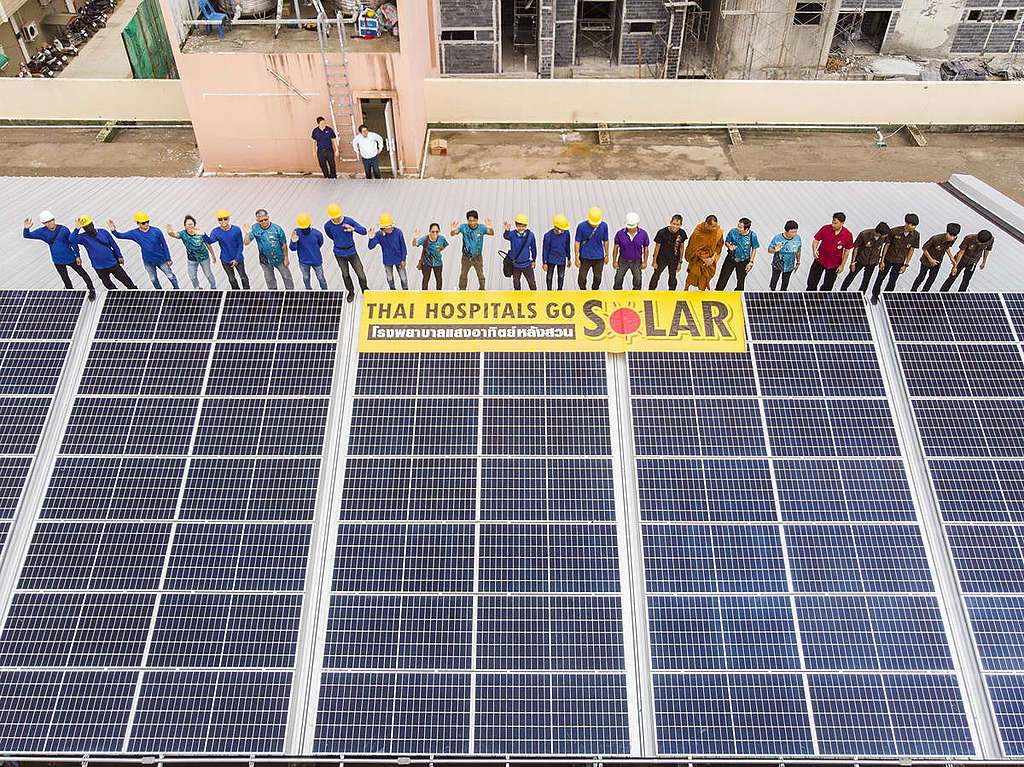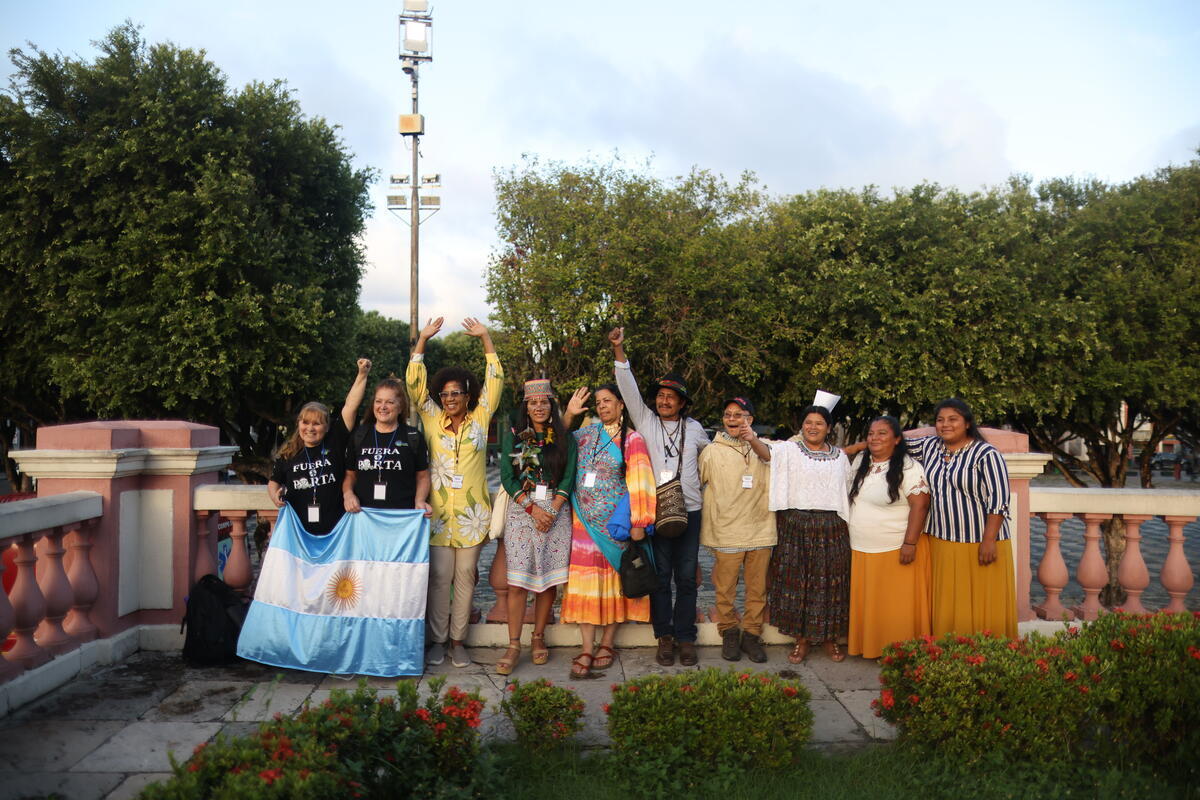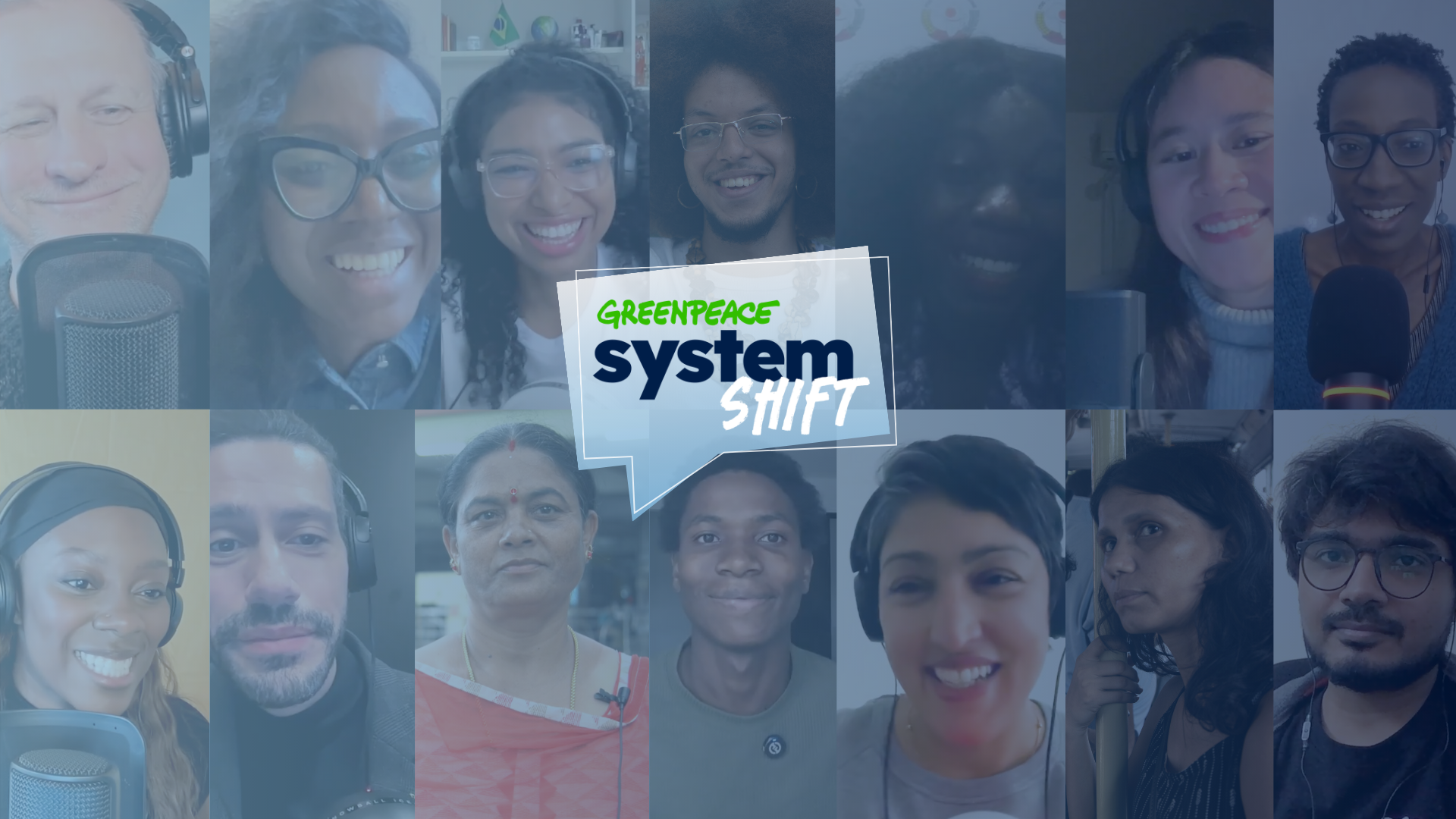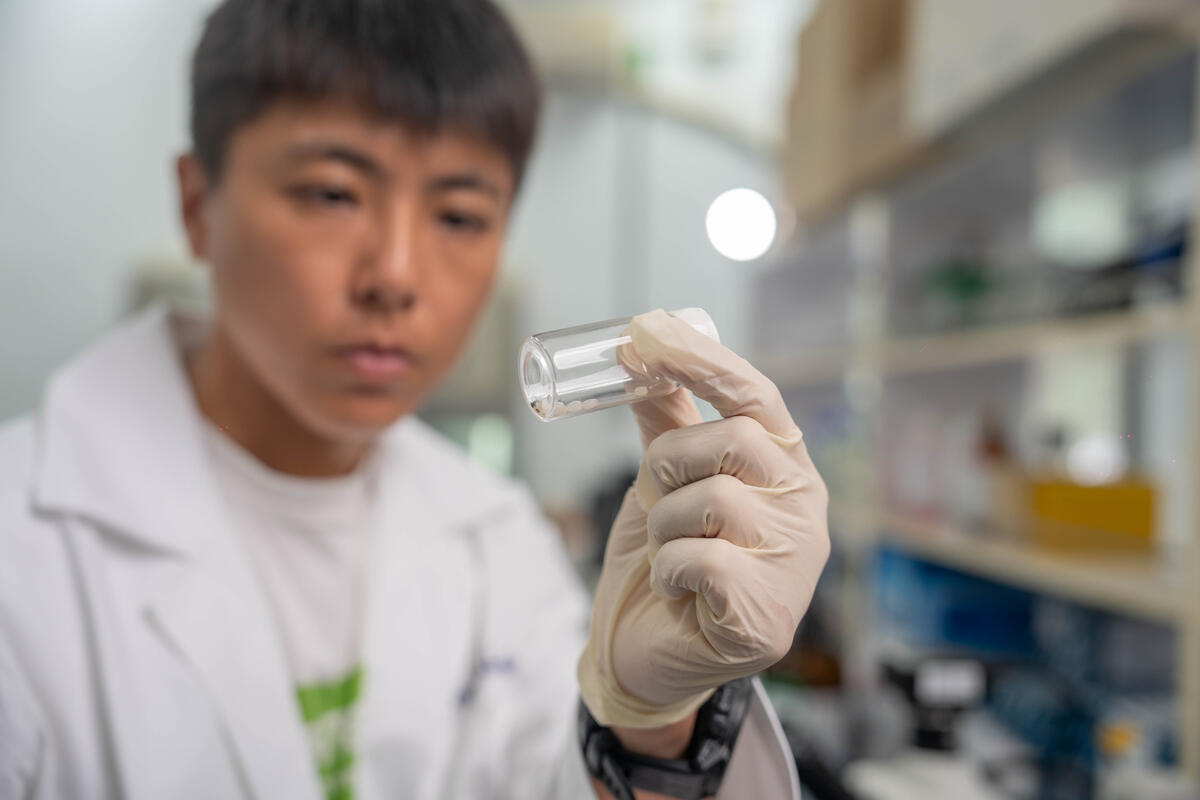We are in a public health emergency. An estimated 4.5 million people around the world die each year from causes directly attributable to air pollution from burning fossil fuels a recent study shows. Meanwhile, the leading contributors to air pollution – coal, oil, and car companies – are profiting while we pay the price with our health and that of the planet.
In addition to contributing to air pollution, the burning of fossil fuels is the leading cause of global climate change. Yet the companies who fuel the air pollution crisis, and the governments who enable it, are not doing enough to transition to clean energy.
The good news is that, around the world, millions of people like you are standing up and demanding solutions. Despite the shocking negligence by big corporations, people are coming together to fight for a future where we can all breathe air that does not harm us, our children, or the planet. As Greta Thunberg said, “Change is coming whether you like it or not”. Here are three inspiring examples of where community power has led the way:
1. Group of 31 citizens sue the government
Jakarta has one of the worst air pollution problems in the world and in July 2019, following an event of bad air quality, 31 Jakarta citizens sued the government for its lack of action on air pollution. The citizen group, Coalition for the Clean Air Initiative, demanded a clean air act from the government, including the president and ministries, through their Citizen Lawsuit.
In response to the lawsuit, 26,000 people signed a petition asking the Ministry of Environment and Forestry to adopt WHO’s pollution safety standards nationally. The Association of Breastfeeding Mothers in Indonesia also spoke out, concerned about the dangerous impacts of air pollution on their children’s health and doctors from across Indonesia joined the action by sharing their overwhelming support for the urgent need to reduce air pollution. The Governor of Jakarta responded to the people and has promised to fulfil a large proportion of the demands set out in the lawsuit.
2. A mother leads a national movement
Greenpeace Belgium launched a project to monitor air pollution levels at 222 schools across the country. According to the report, two-thirds of the participating schools suffered from bad air quality; there was an urgent need to reduce air pollution at these sites. The national television channel followed the project and turned it into a documentary highlighting the exposure of children to toxic compounds, and subsequently, Annekatrien, a mother concerned for her children’s health, gathered groups of parents to close down the street in front of the school on Friday mornings.
Annekatrien called for other parents and schools to join. Her passion sparked a national movement. Parents across the country came together and closed off streets in front of their schools every week until the local elections to demand change. Their actions led to air pollution being on top of the political agenda and a green political wave in the elections in Brussels. Also, closing streets at schools during rush hours has become a popular local measure to tackle air pollution in different cities in the country.
3. Community crowdfunding helps transition to renewable energy
Thanks to the support of hundreds of people crowdfunding for change, seven hospitals received solar rooftop installations in Thailand in 2019. This incredible community fundraising effort allowed hospitals all over the country to build solar roofs, reducing their reliance on toxic fossil fuel energy and the hospital’s expenditure on electricity.
Part of the solution to air pollution is us; it’s you and me, taking action together. And you can start right now, right here.
What you can do:
- Sign the petition – Air pollution is a public health emergency with too many of us breathing toxic air. We can fix this by coming together, demanding action and holding polluters accountable.
- Organise an event – Use the Greenpeace International toolkit to implement community action in your area and really show what people power is all about.
Kate Ford is a part of Communications at Greenpeace International.
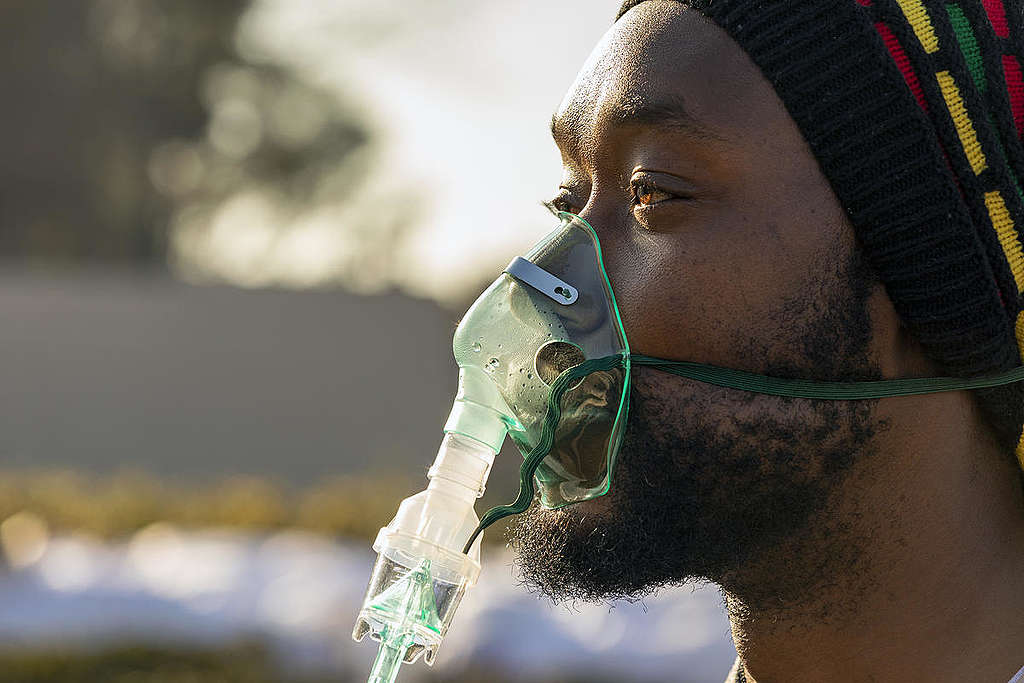
Join the movement demanding solutions to the air pollution crisis.
Take action
